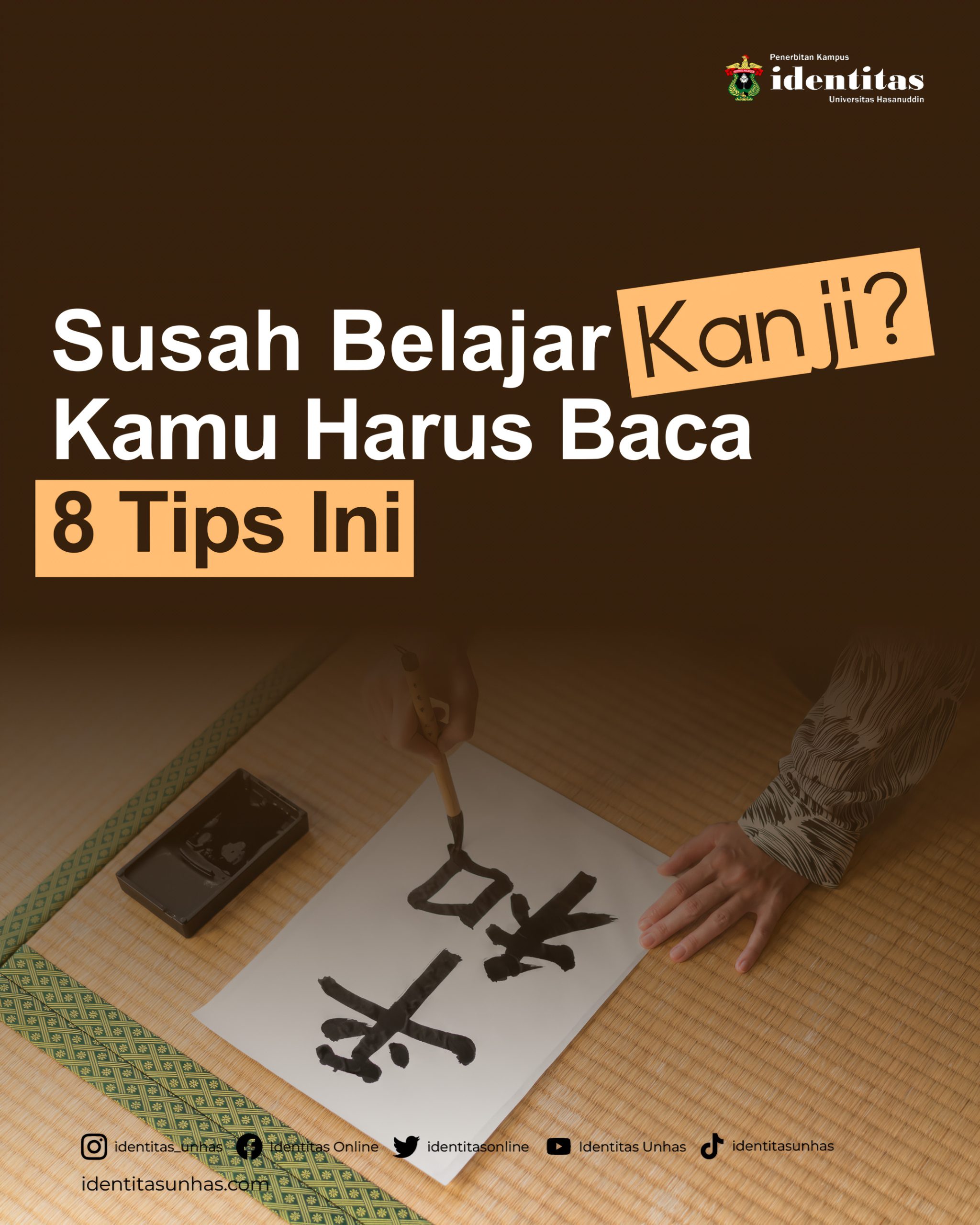Coffee has become a popular beverage for many people around the world in all its complexity and richness of taste. In spite of serving delight to the palate, coffee is also known to have various health benefits, such as maintaining heart health and reducing the potential for stroke.
Coffee is not just a beverage full of benefits, but it is also a loyal friend to share stories with. Around a cup of coffee, countless memories are made, and many friendships are forged.
A cup of coffee can be a true witness to laughter, tears, and all the nuances of life. In the warmth of its aroma, we find opportunities to share, empathize and create lasting memories. Thus, coffee is not only a beverage but also a connector that enriches the quality of human relationships.
A lecturer at the Faculty of Cultural Sciences at Unhas, Prof. Dr. Muhammad Hasyim MSi, along with his research team, revealed that coffee not only has material benefits but also strong social functions. It is interesting to make coffee as one of the local tourism objects.
“Our previous observations in Toraja saw that there is a need for diverse range of tourist destinations other than cemeteries and traditional houses. There is indeed one interesting tourist attraction, namely the death fests, but this (death fests) is not a routine thing, and it is a family event,” said Hasyim, Thursday (04/04).
Responding to the need for a variety of destinations, he sees great potential in promoting coffee as an attractive tourism alternative. For him, coffee is no longer just a tourist attraction but has become a tourism identity.
The effects of the Covid-19 pandemic on the decline in tourist arrivals have a major impact on the sustainability of tourism and significantly reduce economic activity. Indonesia, with its abundant natural resources, has a rich coffee commodity that can be a promising tourist attraction.
Then, this is the basis for the research entitled “Coffee Tourism in Indonesia, Spreading the Coffee Story as a Memorable Tourism Experience”. In this research, Hasyim and his team managed to collect 80 coffee stories containing the “relationship” between coffee and its lovers.
The collection of coffee stories was through an online Google Form questionnaire to coffee lovers in Makassar, who consume at least two to three cups of coffee per day. From all the coffee stories collected, they were then filtered into twenty selected coffee stories.
Through this collection of stories, coffee is expected to become a tourism attraction, especially in Makassar, encouraging more people to build a ‘relationship’ with coffee.
The stories of coffee aim to expand the knowledge about quality of coffee, in order to inspire and attract tourists to visit and explore coffee-producing areas, especially in South Sulawesi, namely Toraja.
From the various coffee stories collected, it was found that many connoisseurs consider coffee not just a drink. But more than that, coffee is like a human figure who has a character and can become a story companion.
Hasyim said Toraja has great potential to be developed as a special interest coffee tourism destination. This idea is based on his experience in Bali, where Kintamani coffee has become a special tourism attraction.
In Bali, Hasyim said, tourists can visit coffee plantations, witness the production process, and enjoy it directly from farmers. This creates a unique and authentic experience for travelers interested in coffee.
Similarly, Toraja, with its uniquely flavored and aromatic Toraja coffee, has the potential to become a coffee tourism destination. This idea not only offers the experience of enjoying coffee straight from the source, but also allows tourists to experience Toraja’s local culture and traditions. By integrating coffee with local culture, such as cemeteries and Tongkonan houses, Toraja can offer a richer and more immersive experience for tourists.
“The tip is to see how Toraja coffee becomes special interest tourism, so that people can go there. So in addition to tourists going there to visit tourist trips related to culture such as graves and Tongkonan houses, they can also enjoy Toraja’s specialty coffee tourism destinations,” Hasyim explained.
Hasyim hopes that the government will pay special attention to the potential of coffee as a special interest tourism destination. In addition to contributing to improving the quality of South Sulawesi tourism, the development of coffee tourism is also expected to have a significant economic impact on coffee farmers.
Recognizing this potential, the government can design policies and programs to support the development of coffee tourism, including infrastructure development, tourism promotion, and training for local coffee industry players.
Read the original text in Bahasa Indonesia
Original Writer: Nurul Istiqamah B
Translated by: Nabila Rifqah Awaluddin and Nur Muthmainah


